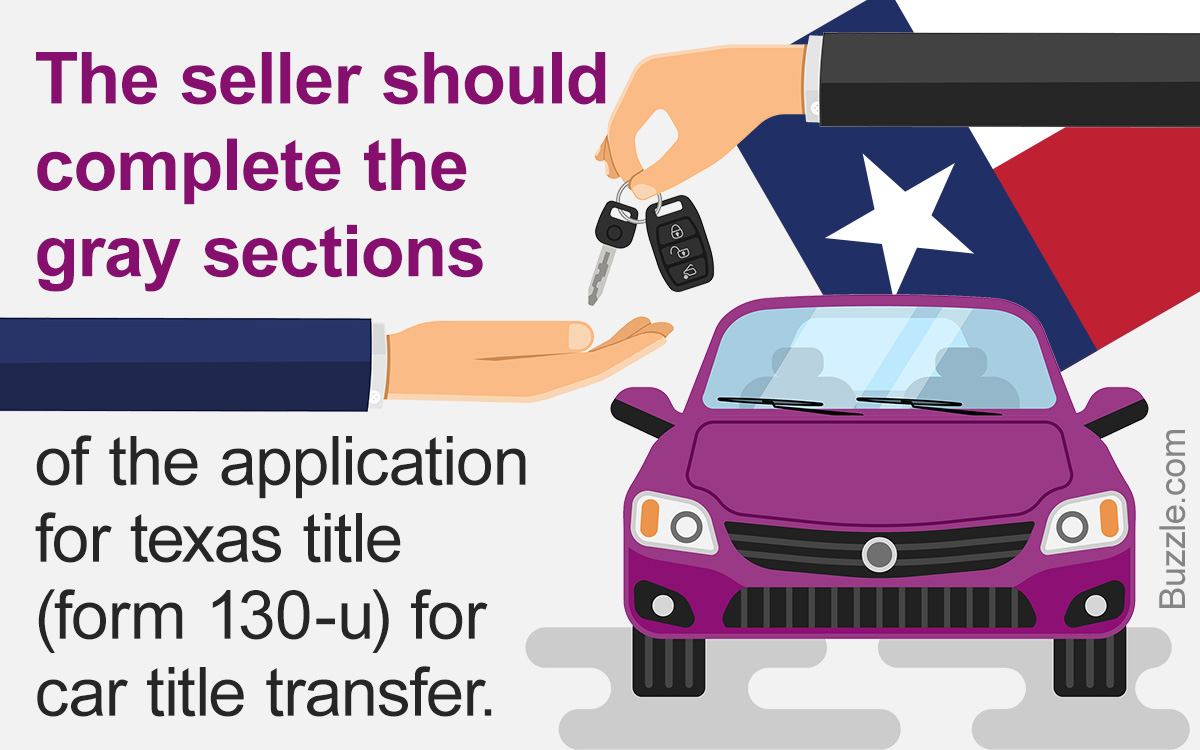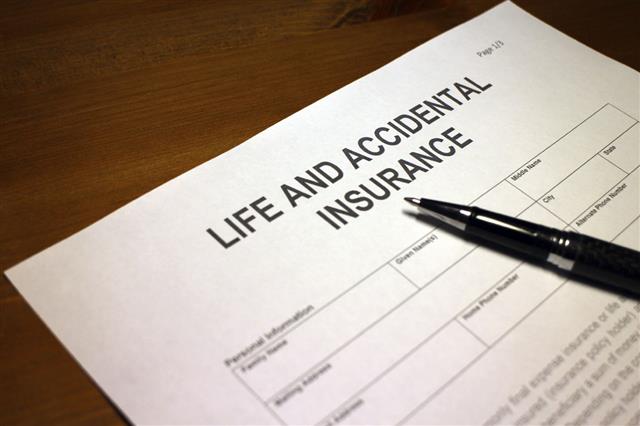
When you are dealing with the sale of your car in Texas, there are some essential points you need to follow in order to remain the legal owner in the state. This WheelZine article will list down the rules and regulations you must know to sell a car in Texas.
To protect yourself from being held responsible for parking tickets and toll violations that have been committed by the person who purchased the vehicle, file a Vehicle Transfer Notification 30 days from the date of sale. When it is received, TxDMV updates the motor vehicle record to show the vehicle as sold.
You would be aware that selling a car privately requires adherence to a lot of rules along with paperwork and other legalities, which of course, vary from place to place. Texas too, has specific guidelines for buying, selling, registering, title transferring, etc., that are stringently followed. If you are found guilty of non-compliance with the rules, you are liable to be punished under the law. Many dealers are unaware of all the directions set by the state. In this WheelZine article, we shall tell you the list of documents needed to sell a car in Texas, along with a set of pointers you need to keep in mind while sealing the car deal.
Also called ‘bill of sale’, this document contains all the essentials of the price and other details. It contains the elements, like selling price, date of sale, your name and address, the name and address of your client, vehicle identification number, and its description. Under the state law, these need to be present properly in order to make a proper title transfer document that will be acceptable to the Texas Department of Transportation.
This document is necessary for the formal, legal transfer of the ownership of the car from your name to the buyer’s name. This document will contain the details of the vehicle transfer, and it is also submitted to the local County Tax Assessor-Collector’s office. As mentioned earlier, the Texas law requires you to complete the title transfer formalities within a month, irrespective of whether the buyer owes you money or not.
After concluding the deal, you’ll need to obtain a Texas Motor Vehicle Transfer Notification form (Form VTR-346) from the Texas Department of Transportation (DOT) and submit it to your local County Tax Assessor-Collector’s office. You can download the form from the Texas DOT website. Submitting this document might save you the trouble of proving that you weren’t the vehicle’s owner if and when it was parked in a red zone.
- It would be beneficial to obtain Texas vehicle history reports, since it would be a great selling point for you.
- The Texas law requires your car to be insured at the time of sale. In fact, it also states that you are responsible for providing insurance to the buyer for the first month after the sale. Therefore, if your car is not insured, get it covered immediately.
- Under Texas law, your buyer needs to have liability insurance. So, check his credibility before the sale.
- Texas rules are different for different places within the state. So, if your buyer is from Dallas and you are selling the car in Houston, there is separate paperwork to be followed.
- If the buyer is being financed by someone, make sure you are paid in full, in cash, (preferably avoid a personal check) and this is put down on paper. This is because it will save your vehicle from getting repossessed if your buyer is unable to pay back. In case you are not paid completely and an unfortunate situation arises like the one above, remember that Texas dealerships have the legal right to repossess the vehicle at any time.
- Transferring the title is one of the most important rules to be followed. After securing the payment, you need to formally transfer the vehicle to the buyer’s name. You also need to give him the ‘bill of sale’ with the words ‘paid in full’ written on it.
- Obtain a Title Transfer Form from the county’s office. Fill it, sign it, and submit it to the county’s office along with the title certificate.
- On the vehicle title, there is a section where you can sign it over to the new owner. You also need to fill out the gray sections of the Application for Texas Title (Form 130-U) that the buyer will take to his local County Tax Assessor-Collector’s office to transfer the title to his own name. According to Texas law, this process needs to be completed within a month. This formally completes the deal.
- If you have lost the title, you will need to complete an Application for Certified Copy of Title (Form VTR-34), and submit it to the County Tax Assessor-Collector’s office to obtain a duplicate title before completing the sale.
- If you wish to sell a vehicle for which you hold a bonded title, you should check with the County Tax Assessor-Collector’s office about transferring the bonded title to another party. A bonded title means that you must get a bond to reimburse the rightful owner in case he comes forward to claim the vehicle. This mostly occurs when you do not know the previous owner of your vehicle and wish to get a title.
- To sell an unregistered vehicle, you will also need to check with local authorities to find out whether you must register the vehicle before transferring ownership.
- Texas law requires the seller of any used vehicle to state on the title assignment the total number of miles the vehicle has traveled.
- All used car dealers are required by federal law to tell buyers whether a used car is being sold with or without a warranty.
- You must clearly display this information on a side window of each used car. The information includes AS IS, which means that the vehicle does not have a warranty, and the seller is under no obligation for repairs; or WARRANTY, which means that the vehicle has a warranty, and the window form must list exactly what parts and services are covered and for how long.
- After the deal has been concluded, you need to contact your insurance company and inform them of your sale. You need to do this within 30 days to avoid any cancellation fee.
- Also, you need to inform the Texas Department of Transportation about the details of transfer. The buyer may most probably have to pay use tax on the amount that he paid for your vehicle.
- Use tax is nothing but a kind of sales tax. You also need to provide the original receipt to the buyer from the Tax Assessor-Collector’s office.
A car is a very important asset, and selling a car is a very vital deal. You will need to think carefully about every rule and law, analyze the essential points, and then conclude the deal. Texas is a large state, and there are strategies that can make the deal easier for the seller. Actually, selling a car here is the same as it is in any other state. Yet, as a seller or buyer, you need to know what to do in order to avoid penalties, fees, or even liability for a improperly transferred vehicle title.
